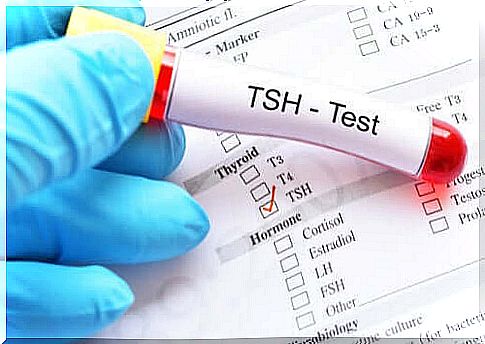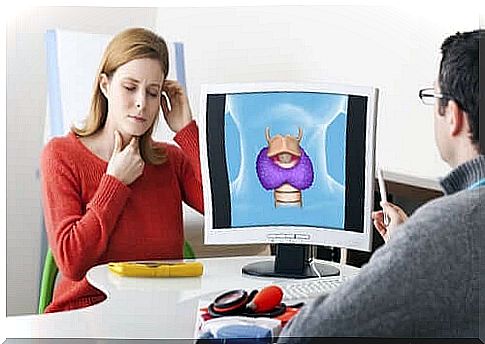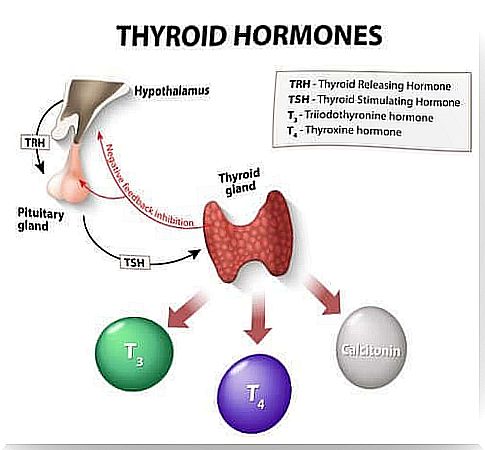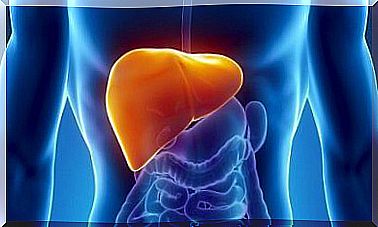Levothyroxine (Euthyrox): What Is It And What Is It Used For?

Levothyroxine is the active ingredient in the drug commonly known as Euthyrox . It is a synthetic thyroid hormone that has the same effect as the thyroid hormones produced by the body. Therefore, it is used to treat diseases and disorders of the thyroid gland.
Euthyrox is available as tablets for oral administration. There are different presentations depending on the concentration of levothyroxine per tablet.
What is levothyroxine used for?

Levothyroxine is used to treat hypothyroidism, a disease of the thyroid gland that occurs when the thyroid does not produce enough thyroid hormone. It is also used to treat congenital hypothyroidism and goiter, which is an enlarged thyroid. In addition, it is also used to stop tumor growth in patients with thyroid cancer.
How does levothyroxine (Euthyrox) work?
As indicated on the package insert, this medication works by replacing the thyroid hormone that is usually produced by the body. In its absence or if we don’t have adequate levels of thyroid hormone, the body will not function properly.
This deficiency can manifest itself through symptoms such as depression, lack of energy, excessive tiredness, constipation, weight gain, hair loss, dry skin and increased sensitivity to cold. It also affects menstrual periods, making them stronger and more irregular.
Thyroid hormones should not be used to lose weight. If there is an increase in its amount without this being specifically indicated by the doctor, there may be serious side effects.
Some warnings and precautions

Before you take levothyroxine, you should consult your doctor or pharmacist if you have any of these diseases heart:
- Arterial hypertension.
- Arteriosclerosis or fatty deposits in the arteries.
- Heart failure and rapid irregular heartbeat.
- Insufficient blood supply to heart vessels or angina pectoris.
All these illnesses must be under medical control before you start taking levothyroxine. Also, while taking levothyroxine, the patient will need to have their thyroid hormone levels checked frequently. Therefore, you should not self-medicate under any circumstances.
How to take levothyroxine?
You should always follow the guidelines given by your doctor. Levothyroxine is taken orally and taken as a single dose daily, on an empty stomach, in the morning, at least half an hour before breakfast.
In general, you start with a low dose that will be increased every 2-4 weeks until you reach your final individual dose. During the first few weeks of treatment, thyroid profile tests will be performed to adjust the dose.
The duration of treatment may vary according to the indication for which levothyroxine has been prescribed. However, in most cases this is a lifelong treatment.
If you take a higher dose than recommended, you may experience symptoms such as tachycardia, anxiety, agitation and involuntary movements. On the other hand, if you forget to take levothyroxine, wait for the next normal dose the next day.
What about a baby?
For a baby born with hypothyroidism, your doctor may recommend starting with a higher dose. This is done to get replacement as quickly as possible.
The recommended starting dose for babies is 10 to 15 micrograms per kg of body weight for the first 3 months. Once this age is reached, the doctor will adjust the dose individually.
Possible side effects of levothyroxine (Euthyrox)
Like all medications, Euthyrox can have side effects, although not everyone gets them. If you take more levothyroxine than prescribed, or if the dose prescribed by your doctor is not suitable for you, one or more of the following side effects may occur:
- Diarrhea.
- Weight loss.
- Fever and sweating.
- Cardiac arrhythmia.
- Chest and head pain.
- Muscle weakness or cramps.
Before any of these symptoms, the doctor may consider stopping treatment for several days or reducing the daily dose until the adverse effects disappear. Do not hesitate to consult it.
In short, levothyroxine (Euthyrox) is a medication used primarily to treat hypothyroidism and other thyroid disorders. It must always be used according to the doctor’s instructions and its administration must not be interrupted without prior authorization.
Remember that if you have any doubts when taking it, the best thing to do is to consult your doctor. Avoid acting on your own and avoid self-medicating.







